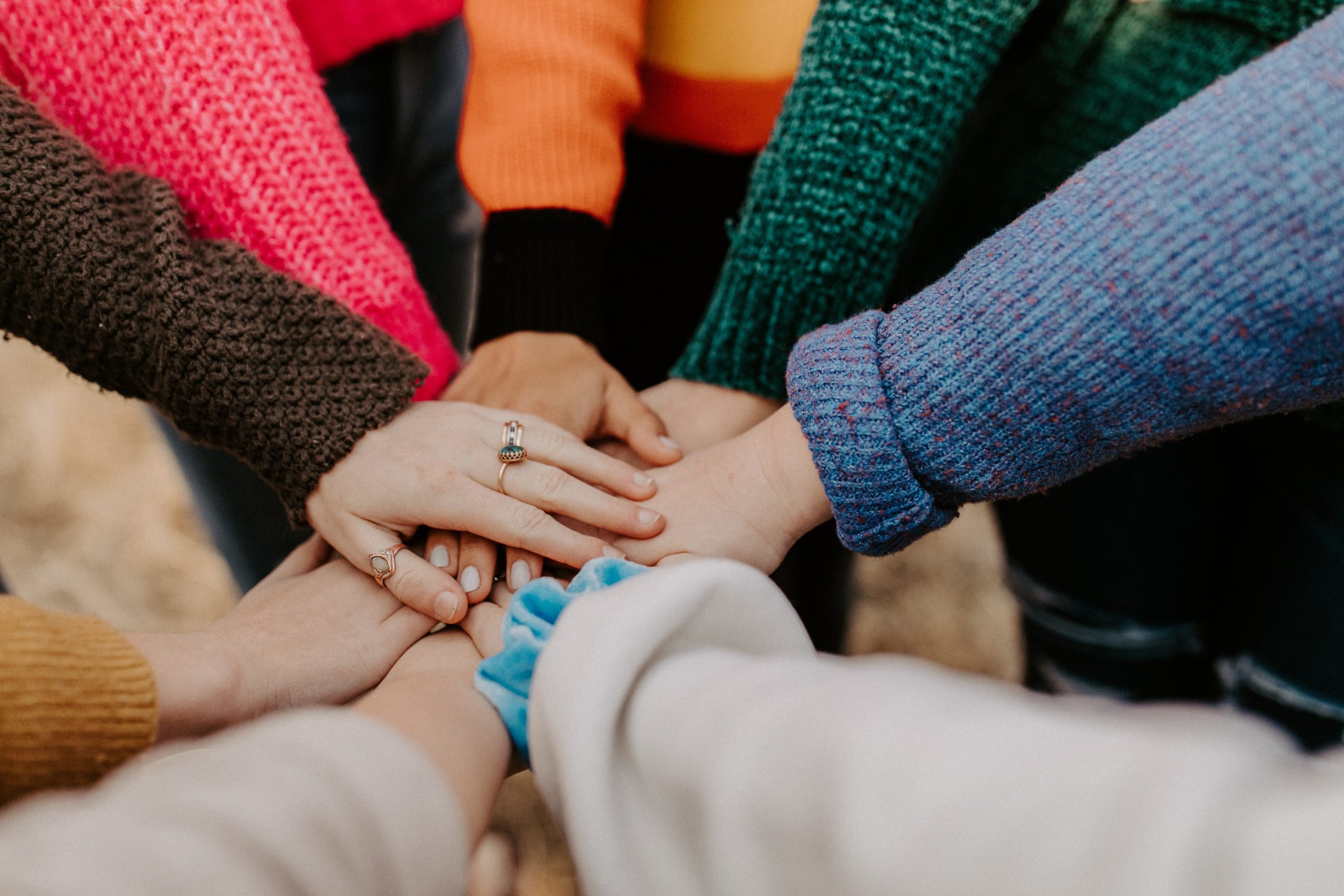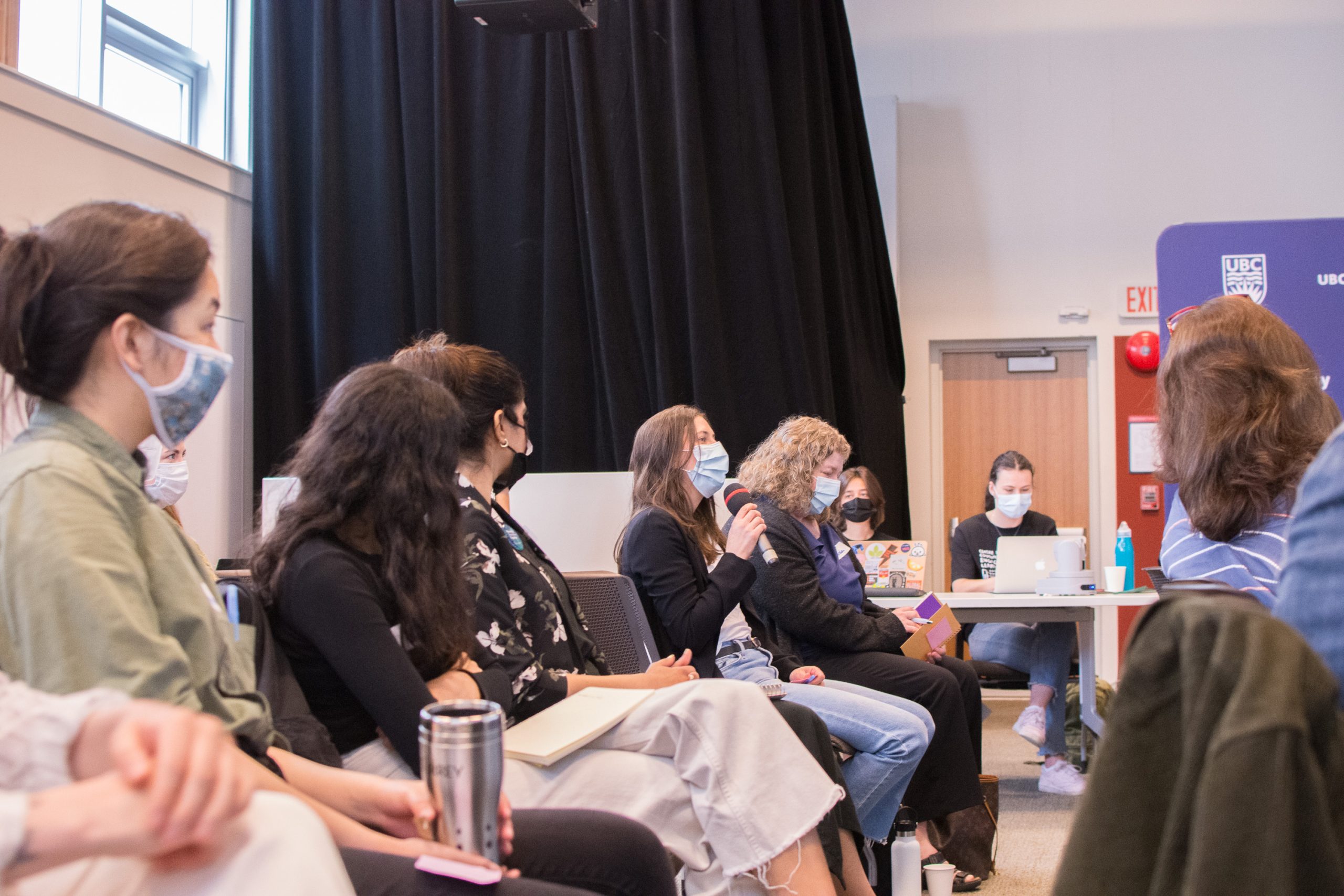
CCEL Workshops
Build your community partnership and project development skills through a variety of workshops designed to help you understand community assets, project budgets, and working ethically with communities.

About the workshops
CCEL workshops are designed to enhance students’ capacity to work ethically with community organizations. They provide participants with a great environment to explore social impact opportunities in and with the community, and to network with students across campus.
Workshop offerings
Workshops may be requested by UBC faculty, staff, and student clubs or groups.
For faculty: Please note that the workshops are designed to prepare students to collaborate with community partner organizations or to support those students already engaging in partnership with community.
For staff and student clubs: Please outline in your request how the workshops will support developmental opportunities for students.
Please submit your workshop request at least four weeks prior to your desired date(s) of delivery.
All workshops are available both in-person and virtually. Please see the workshop details below.

Asset Based Community Development
Participants will learn techniques to build from community strengths, and explore a strengths-based approach to social change.

Ethics of Changemaking
Participants will learn strategies for ethical community engagement, to support their efforts to create meaningful social change.

Roots of Change
Participants will develop skills in analyzing complex social issues to create positive change.

Storytelling for Change
Participants will look at the role that stories play in social change, and will learn about the power of stories as a strategy to move people to action.

Applying for a Grant
Participants will learn techniques to build a successful grant application for an on or off campus community project, using a case study or their own project ideas.

Community Action: Self Exploration
Participants will look understand their individual viewpoints by reflecting on personal values, skills, and identities as a basis for community action. Participants will explore community action as a space, opportunity and personal journey.

Orientation to Community Engaged Learning
Participants will learn about the values and principles of community engaged learning. They will work in groups reviewing hypothetical ethical cases as part of preparing for their community projects.